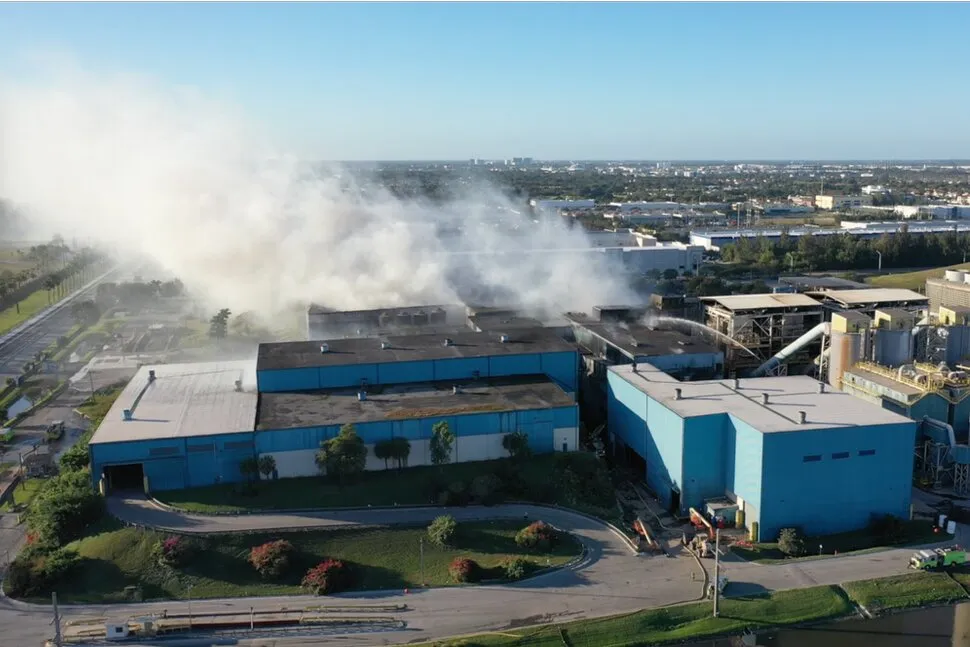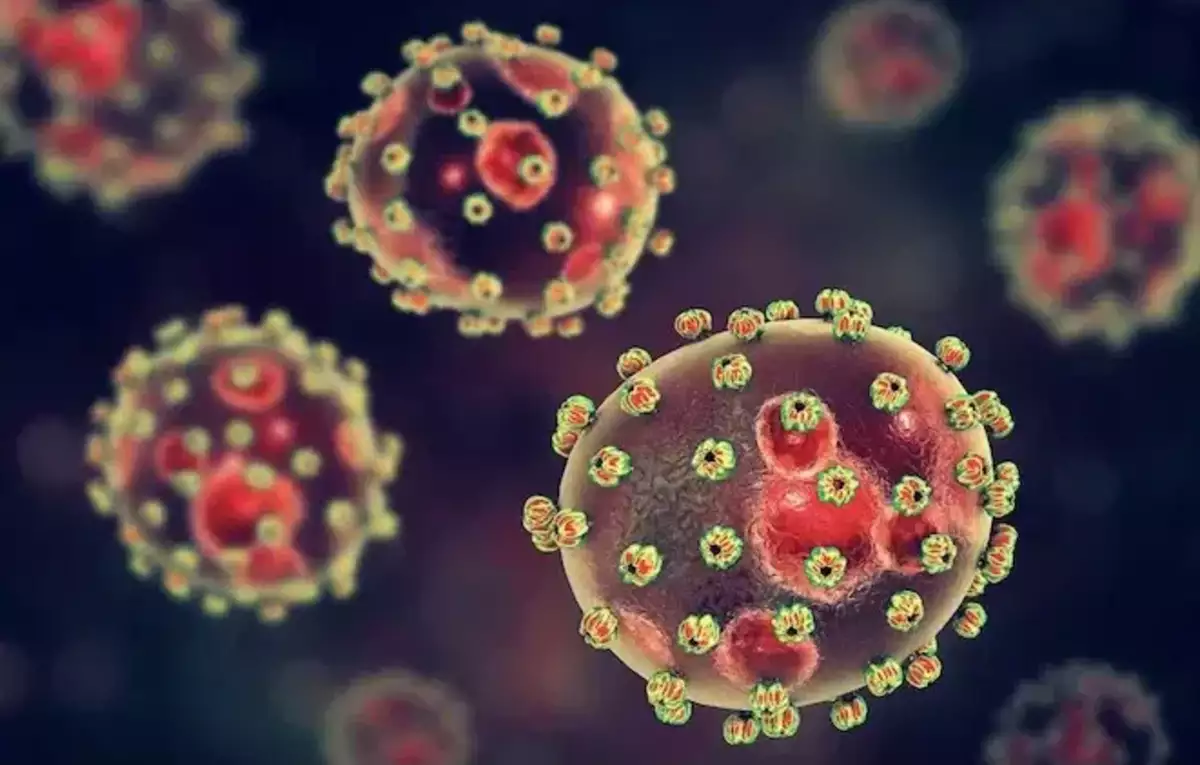In Florida, the debate over waste management, particularly the construction of new trash incinerators, has intensified, highlighting broader environmental justice concerns. Proposed sites for these incinerators are predominantly located in communities of color, raising accusations of environmental racism and health risks from pollution.
The Incinerator Debate
Miami-Dade County officials are deliberating the location for a $1.5 billion trash incinerator to replace one destroyed by fire in 2023. All proposed sites are in or near communities of color, leading to concerns about environmental justice.
Health and Environmental Concerns
Incinerators emit pollutants linked to respiratory issues, cancer, and heart disease. Communities near these facilities often experience higher health risks due to exposure to toxic emissions. This makes it a serious concern, especially for marginalized communities already burdened by inadequate healthcare and environmental protection.
Environmental Justice Implications
The placement of waste incinerators in marginalized communities exemplifies environmental racism, where communities of color bear a disproportionate share of environmental hazards. This practice undermines the principles of environmental justice, which advocate for fair treatment and meaningful involvement of all people in environmental laws and policies. When certain communities are targeted for waste disposal or harmful facilities, it contributes to long-standing inequities.
Legal and Community Responses
Environmental groups have been vocal in opposing the incinerators, urging the Florida Department of Environmental Protection to consider environmental justice in permitting decisions. These organizations are actively seeking to hold the state accountable for the disproportionate impact that these facilities have on vulnerable populations. Community organizations are advocating for alternative waste management solutions that are less harmful to health and the environment.
The controversy over trash incinerators in Florida underscores the broader environmental justice battle, highlighting the need for equitable environmental policies that protect all communities, especially those historically marginalized. Addressing these issues requires a commitment to environmental justice principles, ensuring that all communities have the right to a healthy environment, free from disproportionate harm from waste management practices and industrial pollution.




















